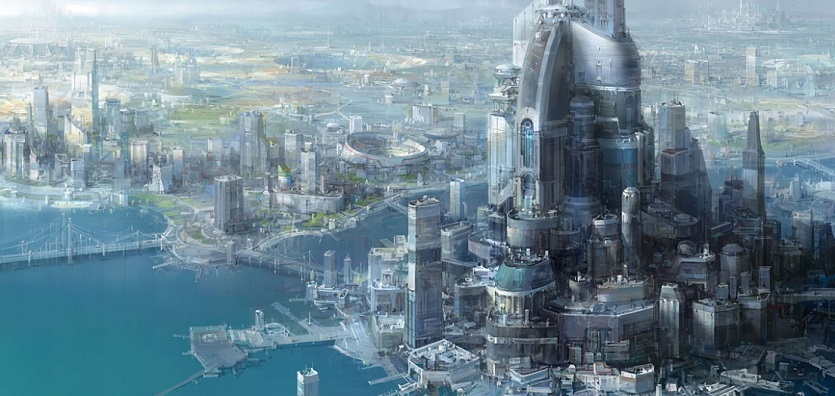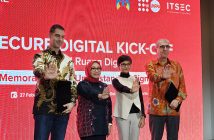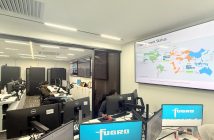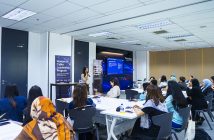
The impact technology has had on healthcare system in this day and age is phenomenal without argument. Technology applications and apps encourage healthier behaviour in individuals and help with the proactive management of a healthy lifestyle. It puts us as consumers in control of health and well-being.
One of AI’s biggest potential benefits is to help people stay healthy so they don’t need a doctor, or at least not as often. The use of AI and the Internet of Medical Things (IoMT) in consumer health applications is already helping people. AI now with help of pattern recognition, identifies patients at risk of developing a condition – or seeing it deteriorate due to lifestyle, environmental, genomic, or other factors .
Robots have the potential to revolutionise end of life care, helping people to remain independent for longer, reducing the need for hospitalisation and care homes. AI combined with the advancements in humanoid design are enabling robots to go even further and have ‘conversations’ and other social interactions with people to keep aging minds sharp.
They are improving productivity during procedures, enabling users to perform tasks that are more challenging, improve patient comfort, and reducing costs for medical staff and ultimately patients.
With the introduction of value based healthcare, there has been a dent in the cost curve as well, reducing redundant medical costs while improving care quality and patient engagement.
Offering positive experience and outreach by using innovative technology will deliver on the promise of quality health care at a lower cost.
The blockchain era has already begun. With an ongoing increase in patient numbers, healthcare providers have to manage more and more health data on a regular basis. As the data volume increases each year, it becomes harder for hospitals and clinics to process and store information. This is where blockchain comes in useful, as one of its main advantages is data integrity.
The launch of the ‘Malaysia City Brain’ initiative is a significant milestone for Malaysia. The solution is powered by Alibaba’s large-scale computing engine, Aspara, which enables a comprehensive suite of acquisition, integration, and analysis of big and heterogeneous data generated by a range of sources in urban spaces through video and image recognition, data mining, and machine learning technology.
Similarly, Malaysias Smart City-Smart Village initiative aims at balancing development in urban and rural areas, focusing on the use of green and Information and Communications Technologies (ICT) that will help advance Malaysia’s Vision 2020. It aims at improving everything from energy use to healthcare, education, traffic and shopping by doing it “smart” with the help of ICT.
In light of these rapid developments, World Future Cities Summit 2019 offers a premier platform to engage in knowledge sharing and discuss goals, visions, trends and challenges in making cities smarter, more sustainable and liveable in the era of world cities transformation. Leading regional and international industry experts will deliver insightful presentations on pertinent topics through keynote presentations and interactive panel discussions.
Come watch the best minds in the Smart Cities Sector from across the pan-Saudi region, as well as the rest of the world, convene on a single platform on the 1st and 2nd of April, 2019 at Riyadh, KSA.
Registrations are open – Ensure your participation for the ultimate knowledge-sharing conference at the earliest.
Register Your Interest (http://www.worldfuturecities.com/)





